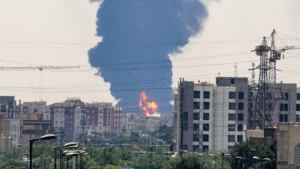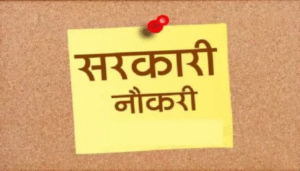The Unseen Reporters: Amplifying Voices Through Citizen Journalism in the Digital Age
The Democratization of Information
In an era defined by instantaneous information and pervasive digital connectivity, the traditional gatekeepers of news are increasingly sharing their domain with an unexpected, yet formidable, force: the everyday citizen. Citizen journalism, once a fringe concept, has blossomed into a powerful phenomenon, democratizing the dissemination of information and fundamentally altering how news is gathered, consumed, and perceived. It is the raw footage from a smartphone, the eyewitness account on social media, the hyperlocal blog post – all contributing to a richer, more diverse tapestry of news, amplifying voices that might otherwise remain unheard.

Accessibility and Real-Time Reporting
At its core, citizen journalism thrives on accessibility. The proliferation of smartphones equipped with high-resolution cameras, coupled with ubiquitous internet access and the rise of social media platforms, has turned every individual into a potential reporter. No longer do people need specialized equipment or formal training to capture events as they unfold. From the immediate aftermath of a natural disaster to a local protest, a traffic accident, or a heartwarming community initiative, ordinary citizens are often the first on the scene, providing real-time, unfiltered glimpses into events that might otherwise be overlooked by mainstream media. This immediacy and authenticity often lend a powerful human element to news, fostering a deeper connection with the audience.
Filling the Gaps in Local Coverage
Moreover, citizen journalism plays a crucial role in filling the void left by shrinking newsrooms and diminishing local reporting. As traditional media outlets face economic pressures, the coverage of hyper-local issues or marginalized communities can suffer. Here, citizen journalists step in, passionate about their communities and eager to shed light on local concerns, social injustices, or positive developments that might not meet the criteria for national headlines. This granular reporting ensures that important narratives, specific to a particular neighborhood or demographic, are not lost, thereby contributing to a more comprehensive and representative media landscape.
Amplifying Voices in Times of Crisis
The amplifying power of citizen journalism is perhaps most evident in times of crisis or social upheaval. During major protests, civil unrest, or human rights abuses, when official narratives may be controlled or skewed, citizen footage and accounts often provide invaluable alternative perspectives. Such content can quickly go viral, transcending geographical boundaries and putting global pressure on authorities. It acts as a powerful watchdog, holding institutions accountable and ensuring that events are documented from multiple angles, preventing single narratives from dominating public discourse. The Arab Spring uprisings, for instance, famously demonstrated how citizen-generated content on social media could ignite and sustain movements, bypassing traditional media censorship.
Challenges and the Need for Verification
However, the democratic nature of citizen journalism also presents inherent challenges. The absence of traditional editorial oversight can lead to issues of accuracy, verification, and ethical considerations. Misinformation and disinformation, whether intentional or accidental, can spread rapidly, posing a significant threat to public understanding. Therefore, while citizen contributions are invaluable, the onus remains on both individual consumers and established media organizations to critically evaluate sources, verify facts, and distinguish credible information from mere rumor. The symbiotic relationship between citizen journalists and traditional media becomes crucial here: mainstream outlets often rely on citizen footage for initial reporting, while also providing the resources for deeper investigation and verification.
The Indispensable Role in the Digital Age
In conclusion, citizen journalism is not merely a transient trend but a fundamental shift in the media ecosystem. By equipping everyday people with the tools to document, report, and share, it has profoundly amplified diverse voices, bringing an unprecedented level of immediacy, authenticity, and local relevance to news. While challenges related to verification and ethics persist, the immense power of citizen journalists to shed light on untold stories, hold power accountable, and foster a more inclusive public discourse underscores their indispensable role in the digital age. They are, in essence, the eyes and ears of a connected world, ensuring that the unfolding narrative of human events is captured and shared by all.




















